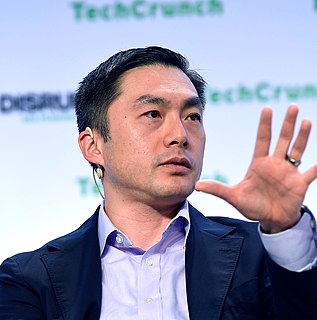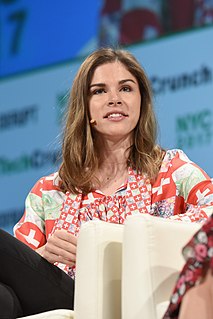A Quote by Jon Oringer
We have a lot of customers in Japan, but they don't quite get the local content that they always need, so we want to encourage all of our product teams to start thinking globally.
Related Quotes
An American customer can book in English all over the world, but also, somebody from Japan or China can book in their own language everywhere. We translate all of our content into these languages, and that's quite unique. We service our direct customers - the innkeepers - as well in their own language.
Betting all your funds on the belief that you know what consumers want and are willing to pay for is like jumping into a river to test its depth - you'll need a lot of luck to stay afloat. To have a truly successful product launch, the conversations with your customers must start long before you write your first line of code.
I want you to say to me right from the start, "We are here to serve customers. We're not here for me to make a lot of money. We're not here to bet on interest rates or credit spreads. We are here to serve our customers really well over a long period of time, and that's how you build a successful business." And so I want to see that, too, you know?
Customers are a great way to finance a business for many reasons. First, customer financing is typically non dilutive. They want something from you other than equity in your business. Customers also help you fit your product to the market. And customers will help debug and improve the quality of the product.
I always encourage people to start in their own personal universe, because sometimes we as parents start thinking about the big picture. How do I change what's happening in my entire school? And how do I do it in my community? And then you get overwhelmed and it's just like, "Forget it, I'll just stay here in my kitchen and wait." But, start small.
The first thought is always about making the playoffs. That's the tough part. And once you get there, only then you can allow yourself to start thinking how you are going to play in the playoffs against other teams. And a lot is left to chance then. There's an element of luck as well: sometimes you get lucky, sometimes you do not.



































